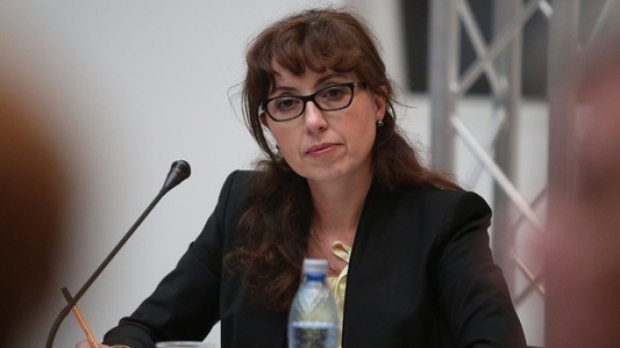The Global Assessment Report on Biodiversity and Ecosystem Services, launched on Monday, May 6, 2019 in Paris, confirms that species and ecosystems around the world are in rapid decline. Arresting this trend will require transformative change based on proven solutions.

The report was produced by nearly 150 leading international experts and approved by 130 governments under the auspices of the Intergovernmental Science-Policy Platform on Biodiversity and Ecosystem Services (IPBES).
It concludes that the proportion of species currently threatened with extinction averages some 25 per cent across the many terrestrial, freshwater and marine vertebrate, invertebrate and plant groups that have been sufficiently studied. The rate of extinction is set to accelerate.
According to the IPBES report, the main direct drivers of species extinction are (in descending order): changes in land and sea use, direct exploitation of organisms (including hunting, fishing and logging), climate change, pollution and invasive alien species.
“The findings of the Global Assessment Report underline why the work of CITES is so essential for the future of both wildlife and humanity,” said CITES Secretary-General, Ivonne Higuero.
“By ensuring that wild plants and animals are not overexploited through unsustainable trade, CITES makes a practical and effective contribution to conserving biodiversity and protecting ecosystem products and services. At the same time, our work on the sustainable use of wildlife and the engagement of local communities helps to reduce poverty and strengthen livelihoods,” she said.
“The Global Assessment offers a comprehensive view of the current conditions of global biodiversity, which is the essential infrastructure that supports all forms of life on Earth, including human life,” said CBD Executive Secretary Dr. Cristiana Pașca-Palmer, welcoming the release of the report Monday in Paris.
“Building a bridge between science and policy-making is crucial at this time. Without clear grounding in science-based evidence, the policies and decisions made at government and non-governmental level, including private sector, would not be able to tackle this challenge effectively,” she said.
Palmer added: “The IPBES Global Assessment comes at an absolutely critical time for the planet and all its peoples. The world is at the cross-road and human civilization is potentially facing an existential threat from the combined negative impacts of climate change and ecosystems destruction, and the associated economic costs and social disruption. The science has spoken loud and clear – on climate, on biodiversity, and on resources use.
“Solutions and tools are available to avert the crisis, but it requires a profound change in economic and policy paradigms. It requires leadership from the top and from the bottom, and above all it requires partnership and engagement to support just and inclusive transitions in full solidarity with the most vulnerable people, who should not be left behind.”
“The evidence is incontestable – our destruction of biodiversity and ecosystem services has reached levels that threaten our well-being at least as much as human-induced climate change,” IPBES Chair Sir Robert Watson said. “The loss of species, ecosystems and genetic diversity is already a global and generational threat to human well-being.”
The Global Assessment notes that the eight-fold increase in global trade and the six-fold increase in the global economy over the past 30 years has doubled the demand for living materials from nature. Humanity is on track to meet only one quarter of the goals across CITES and five other global agreements relating to nature and the protection of the global environmental commons. This in turn threatens to undermine progress towards the UN Sustainable Development Goals.
“Considering the milestone global assessment report and second work programme, we look forward to ever-stronger collaboration and alignment between IPBES and each of the biodiversity-related conventions to realise our individual and collective potential and strengthen the impact of our work. We will report back to the Parties of our different Conventions and invite them to discuss how to best ensure synergies towards our common goal of biodiversity conservation and sustainable use as a tool for sustainable development,” said Higuero.
